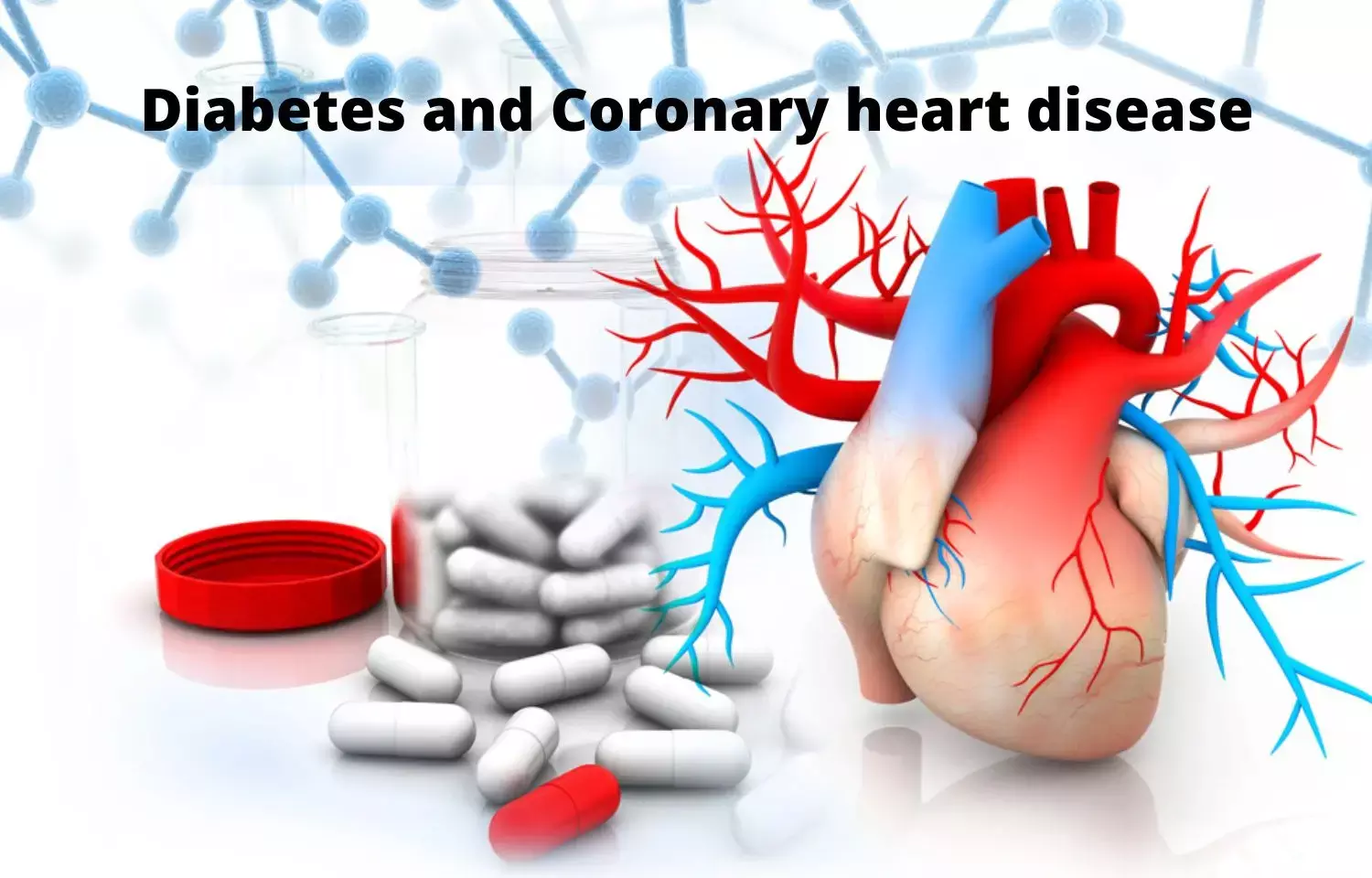- Home
- Medical news & Guidelines
- Anesthesiology
- Cardiology and CTVS
- Critical Care
- Dentistry
- Dermatology
- Diabetes and Endocrinology
- ENT
- Gastroenterology
- Medicine
- Nephrology
- Neurology
- Obstretics-Gynaecology
- Oncology
- Ophthalmology
- Orthopaedics
- Pediatrics-Neonatology
- Psychiatry
- Pulmonology
- Radiology
- Surgery
- Urology
- Laboratory Medicine
- Diet
- Nursing
- Paramedical
- Physiotherapy
- Health news
- Fact Check
- Bone Health Fact Check
- Brain Health Fact Check
- Cancer Related Fact Check
- Child Care Fact Check
- Dental and oral health fact check
- Diabetes and metabolic health fact check
- Diet and Nutrition Fact Check
- Eye and ENT Care Fact Check
- Fitness fact check
- Gut health fact check
- Heart health fact check
- Kidney health fact check
- Medical education fact check
- Men's health fact check
- Respiratory fact check
- Skin and hair care fact check
- Vaccine and Immunization fact check
- Women's health fact check
- AYUSH
- State News
- Andaman and Nicobar Islands
- Andhra Pradesh
- Arunachal Pradesh
- Assam
- Bihar
- Chandigarh
- Chattisgarh
- Dadra and Nagar Haveli
- Daman and Diu
- Delhi
- Goa
- Gujarat
- Haryana
- Himachal Pradesh
- Jammu & Kashmir
- Jharkhand
- Karnataka
- Kerala
- Ladakh
- Lakshadweep
- Madhya Pradesh
- Maharashtra
- Manipur
- Meghalaya
- Mizoram
- Nagaland
- Odisha
- Puducherry
- Punjab
- Rajasthan
- Sikkim
- Tamil Nadu
- Telangana
- Tripura
- Uttar Pradesh
- Uttrakhand
- West Bengal
- Medical Education
- Industry
Sestrin 2 levels linked to risk of coronary heart disease in type 2 diabetes: BMC

China: Serum Sestrin2 maybe have a potential role in the occurrence and development of diabetes with coronary heart disease (CHD) and low levels of Sestrin2 are a risk factor for CHD in T2DM patients, states an article published in the BMC Cardiovascular Disorders.
Diabetes mellitus (DM) is a major public health problem worldwide. Coronary heart disease (CHD) is one of the most common causes of morbidity and mortality in type 2 diabetes mellitus (T2DM). There is much evidence suggesting that T2DM and CHD are induced by oxidative stress, thus finding effective antioxidant targets has always been the focus of the researchers.
Sestrin2 is a stress-induced antioxidant protein that plays an important role in T2DM and CHD but it has not yet been tested for its potential role in predicting the risk of CHD with established T2DM. Circulating levels of Sestrin2 may provide insight into and induce incident risks related to CHD among diabetic patients with T2DM, thereby presenting new possibilities for preventing CHD-T2DM.
Xue Tian, Chengde Medical University, China, and colleagues conducted the study to investigate the relationship between serum Sestrin2 levels and CHD in patients with type 2 diabetes.
Researchers enrolled A total of 139 patients with T2DM (70 T2DM patients with CHD and 69 T2DM patients ) for the study. Researchers identified clinical features and metabolic indices. Serum Sestrin2 was measured by ELISA.
Key findings of the study,
• Serum Sestrin2 levels in T2DM-CHD groups were significantly lower compared with the T2DM group (11.17 ng/mL vs 9.46 ng/mL).
• Bivariate correlation analysis revealed that serum Sestrin2 levels were negatively correlated with age, BMI, FBG, and Tyg index.
• Low serum Sestrin2 levels were related to the increased risk of T2DM-CHD, as suggested by Binary logistic regression
• The area under the curve of Sestrin2 was 0.724 to predict T2DM-CHD patients, as per The receiver operating characteristic analysis
Researchers concluded that the serum Sestrin2 levels in T2DM are associated with CHD, and age, body mass index, FBG, and Tyg index are negatively correlated with the Sestrin2 levels. Sestrin2 could play a significant role in the process of developing T2DM with CHD and be a potential risk factor.
The causal relationship between Sestrin2 and T2DM-CHD is inconclusive from the present study results but Sestrin2 levels provide a valuable clinical and reference value in diagnosed patients with T2DM that is complicated by CHD.
Further study of the specific molecular mechanisms in disease and larger clinical sample size is necessary to determine the clinical utility of Sestrin2, the authors wrote.
Reference:
Tian, X., Gao, Y., Zhong, M. et al. The association between serum Sestrin2 and the risk of coronary heart disease in patients with type 2 diabetes mellitus. BMC Cardiovasc Disord 22, 281 (2022). https://doi.org/10.1186/s12872-022-02727-1
BDS
Dr. Hiral patel (BDS) has completed BDS from Gujarat University, Baroda. She has worked in private dental steup for 8years and is currently a consulting general dentist in mumbai. She has recently completed her advanced PG diploma in clinical research and pharmacovigilance. She is passionate about writing and loves to read, analyses and write informative medical content for readers. She can be contacted at editorial@medicaldialogues.in.
Dr Kamal Kant Kohli-MBBS, DTCD- a chest specialist with more than 30 years of practice and a flair for writing clinical articles, Dr Kamal Kant Kohli joined Medical Dialogues as a Chief Editor of Medical News. Besides writing articles, as an editor, he proofreads and verifies all the medical content published on Medical Dialogues including those coming from journals, studies,medical conferences,guidelines etc. Email: drkohli@medicaldialogues.in. Contact no. 011-43720751


